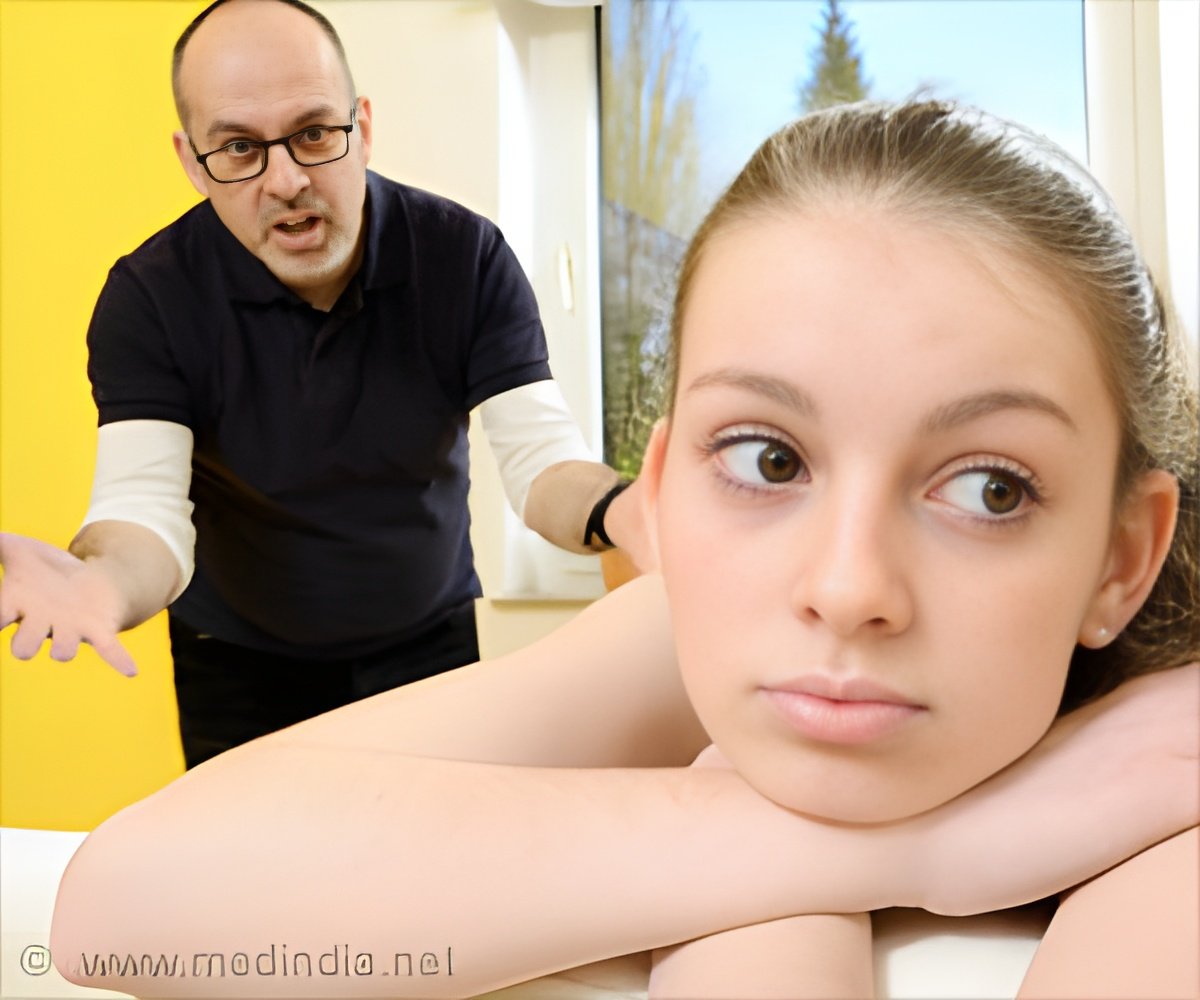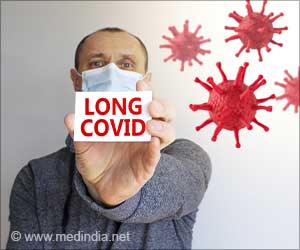
A recent study in the Journal of Studies on Alcohol and Drugs suggests that teenagers are less inclined to drink, smoke, or use drugs when their parents keep an eye on their activities (1

Drugs, teenagers and parenting
).
Surprisingly, the study indicates that parental monitoring doesn’t necessarily increase the likelihood of catching their children using substances. Rather, the mere awareness among kids that their parents are monitoring their behavior seems to deter them from experimenting with alcohol or drugs altogether.
Effectiveness of Parental Monitoring
It is the fear of being caught, rather than actually being punished.
Many studies have found that adolescents are less likely to use substances when they have parents who monitor–meaning that parents are aware of their kids’ activities, know their friends and know their whereabouts when they are not at home.
The assumption has been that monitoring works because parents are more likely to catch substance use and make sure there are consequences–grounding their kids or taking away their smartphones, for example, said William Pelham, the lead researcher on the new study. That, in turn, might keep kids from making the same mistake twice.
But it appears that assumption is wrong, said Pelham, an assistant adjunct professor of psychiatry at the University of California, San Diego.
Role of Parental Monitoring in Teen Substance Use
Instead, he explained, the new findings suggest that monitoring teenagers can reduce their chances of using alcohol or drugs simply by making them think twice, whether or not parents succeed in catching them.
Advertisement
The results are based on survey responses from over 4,500 11- to 15-year-olds from 21 communities across the United States. Participants were asked about their substance use in the past month, including whether their parents found out about it. They also completed a standard questionnaire on parental monitoring (how often their parents knew their whereabouts or asked about their plans for the day, for instance).
Overall, 3.6% of kids said they had used alcohol or drugs in the past month, and there was no evidence that parents’ monitoring increased their likelihood of finding out about those instances.
Advertisement
In contrast, some kids said there were times in the past month that they planned or had the chance to drink or use drugs, but they chose not to out of fear that their parents would find out. If not for those second thoughts, Pelham’s team found, substance use would have been 40% higher in the study group as a whole.
Understanding why monitoring works is important, Pelham said, in order to give parents more specific advice on how to do it. These findings suggest that it might not be necessary to catch kids in the act of substance use: If they know their parents are keeping track of them, that might be enough.
However, that may not always apply, Pelham pointed out. This study focused on younger adolescents who were not heavy substance users, he said. When kids have more serious substance use issues, negative consequences might become a more important tool.
More broadly, the findings underscore the point that parents’ actions matter when it comes to kids’ substance use.
“Some parents think drinking or using drugs is something that kids are just going to do, no matter what,” Pelham said. “But that’s not true. Parents can make a difference.”
Reference:
- Drugs, teenagers and parenting – (https://www.betterhealth.vic.gov.au/health/healthyliving/drugs-teenagers-parenting)
Source-Medindia



